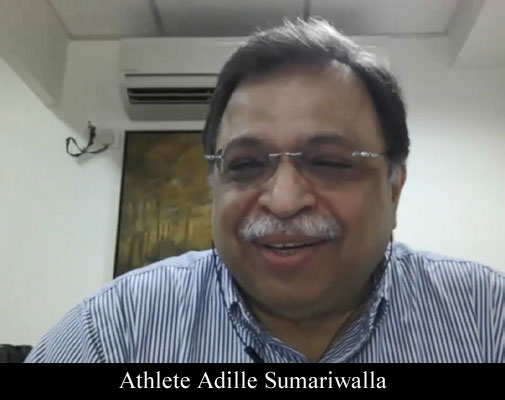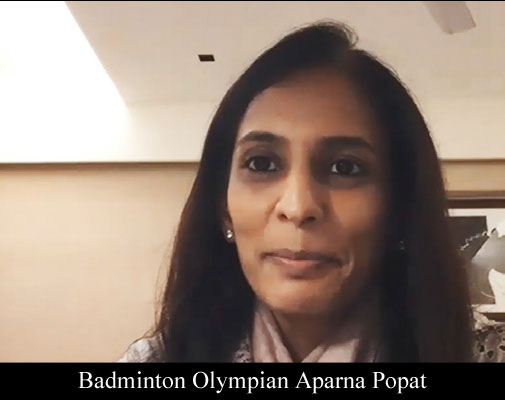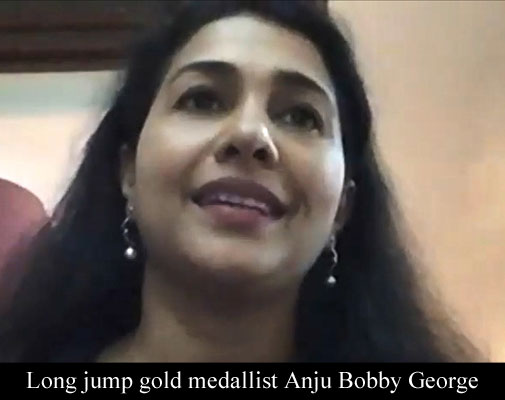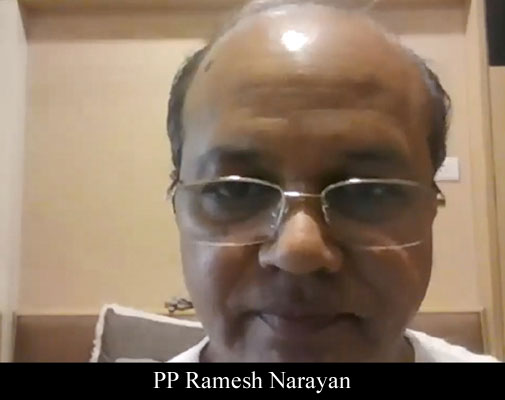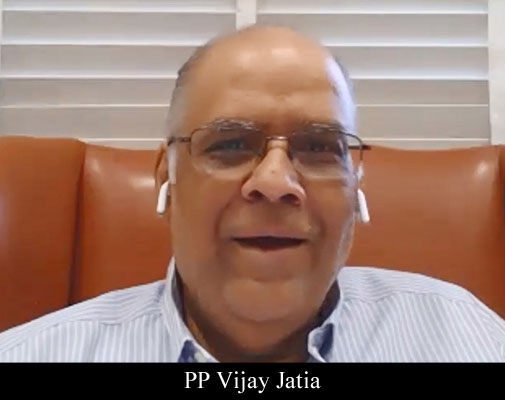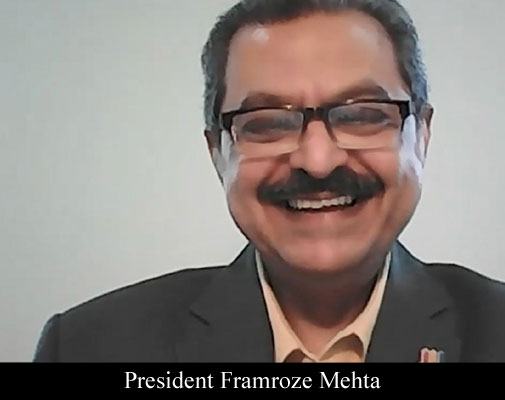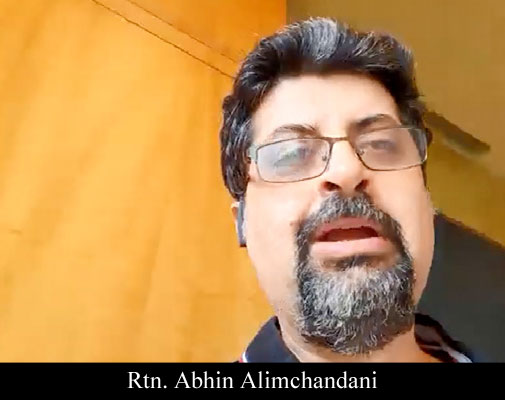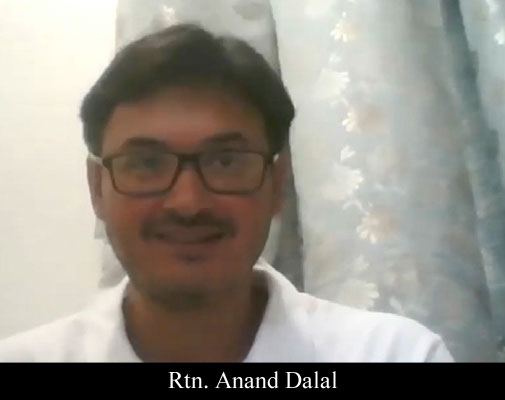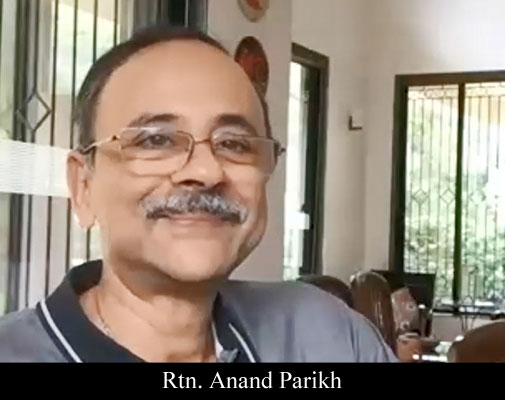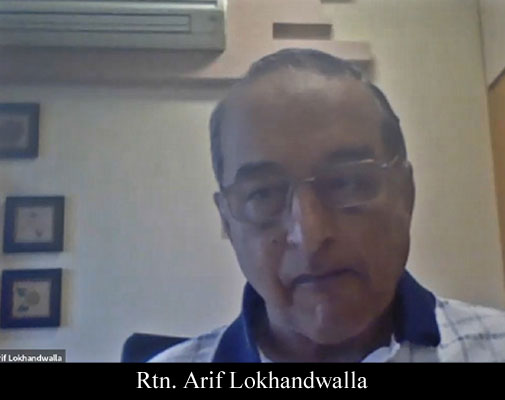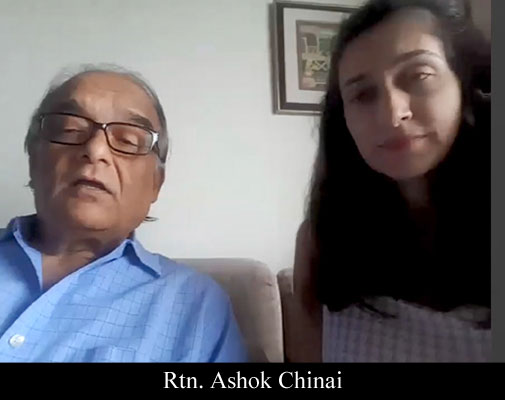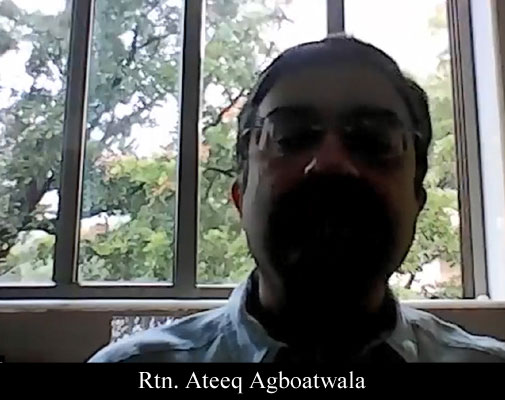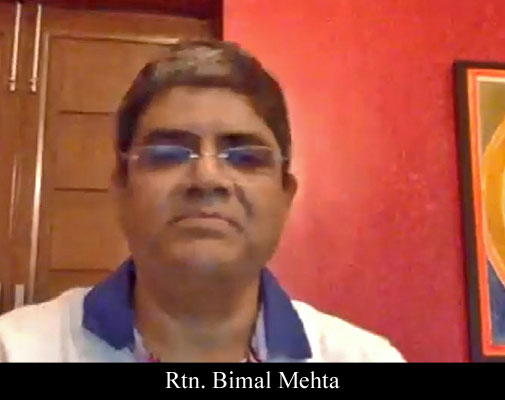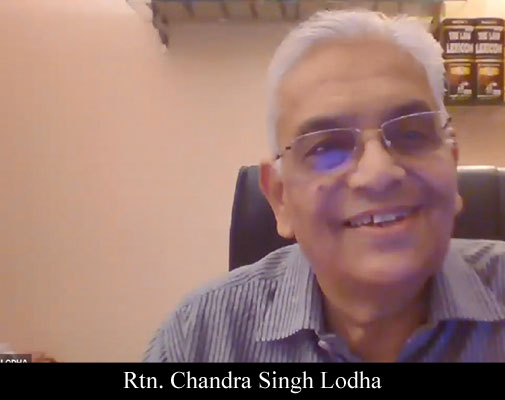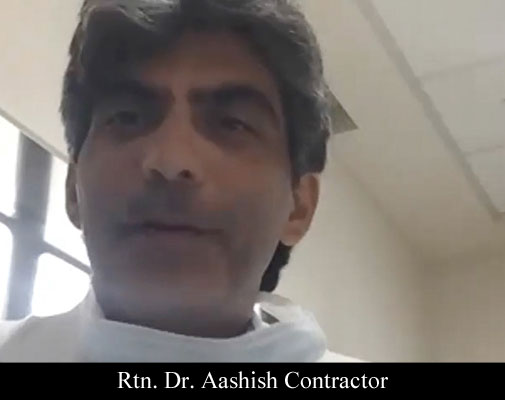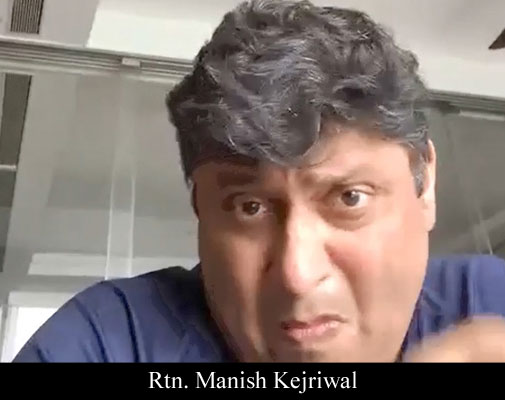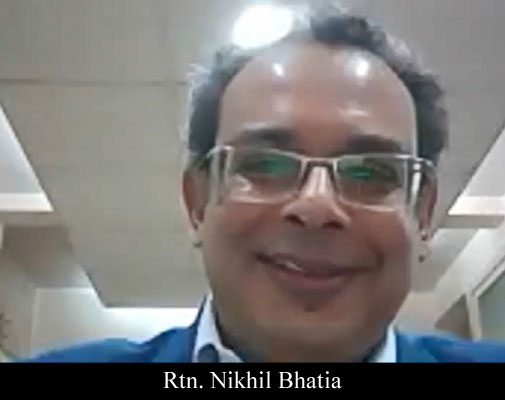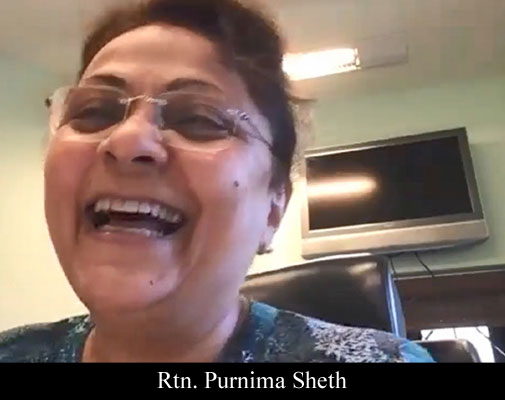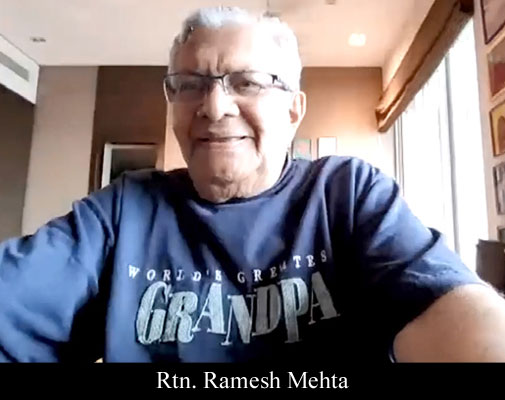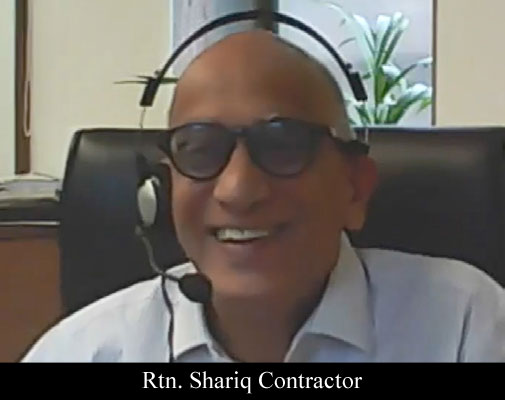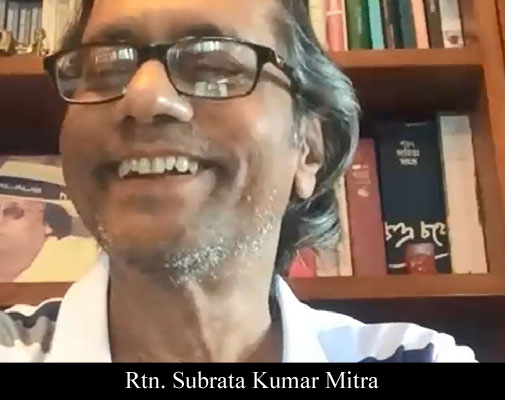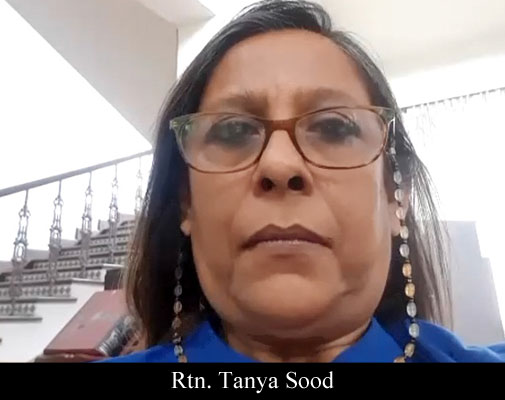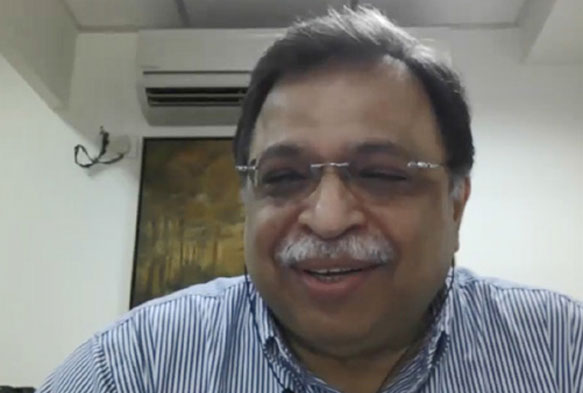
I Believe We Should Look At Skill Sports Rather Than Strength Sports
BADMINTON OLYMPIAN APARNA POPAT TALKS TO ATHLETE ADILLE SUMARIWALLA AND LONG JUMP GOLD MEDALLIST ANJU BOBBY GEORGE ABOUT A RECIPE FOR SPORTING SUCCESS.
I believe we should look at skill sports rather than strength sports.
– Athlete Adille Sumariwalla on producing champions
India has participated in the Olympics since 1920. A hundred years later, we have 28 medals to show as the collective sporting achievement of a population of 1.3 billion. This is not to minimize what each of these medals has done to kindle the sporting ambition of the youth in the country, there is ambition aplenty, but is there enough government and corporate support to scale up the level of input in sporting careers which can then have a large-size and impactful conversion into medals?
Aparna : Anju, you won a gold at the Asian Games in 2002, and created history in the World Championship in 2003. This was a solid progression to the 2004 Athens Olympic Games. Could you share your experiences at the games because you had a serious shot at the medal?
Anju: There is a misconception that Indian athletes cannot reach the gold stage but with superior training, competition management and a great coach, we can challenge the world. But I lost a silver Olympic medal in 2004 due to the drug mafia.
Unfortunately, after the first round, I was first to qualify for the finals and they called me for the doctors. I was sitting there till 5 am the next day. Can you imagine, the entire day I was competing till 10 pm and then doctors at 5 am and the next day I got fever. After entering the stadium, I told Gopi I was not feeling well. I felt giddy and, as if, I could not walk. He said, “No no, this is Olympics final, you have to jump.” So, I said okay. My first jump was 6.83 which was a national record again but if it had been a fair competition, I would have got a silver medal. But I am glad I could at least reach that level.
Aparna: Your performance made us proud. It hurts to not get that Olympic medal when you know you deserved it but some things are not in our control. But the chapter is not yet closed, so our fingers are crossed that you will get that Olympic medal. Adille, your view?
Adille: We need to be clear about what the country, demography, people, genepool we have and that should define the sport that we want to play. I believe we should look at skill sports rather than strength sports.
We say we used to win in the Olympic Games, we won six gold medals with hockey. But, what happened after that? They changed the rules of the game which made hockey into a power sport instead of a skill-based sport.
So, where do we do well? We do well in shooting, a skill sport; we do well in boxing and wrestling because the weight category allows us to fight against people our own size. We do well in archery and chess which are skill sports.
Athletics has 48 events – can you get an athlete to win 100 meters? Very difficult. Can you get some Usain Bolt who is 5½ with that sort of speed? Difficult. Can you get someone to 400-800-1500? Yes. Long jump? Yes. Shot Put? Yes. So, we need to be very clear and analyze what sport we can do well and what is difficult for us to do well.
Look at different sports. Sprinters seem to come from south, throwers from the north, great footballers from the north-east. One needs to analyze these trends before thinking that we can become a powerhouse of all sporting events.
Aparna: Anju, can you share a perspective on the main ingredients required for an Olympic medal?
Anju: We need good competition management along with a superior coaching programme and a great coach. With these, you can challenge the world and then comes the funding. That’s the main issue we face because the government can’t fund the entire system. For an academy like us, also, their cap is Rs five crore. We cannot ask beyond that but if we need Rs 15 crore, then where do we go?
Next is infrastructure because we compete with the world’s top athletes. We need talent identification to induct into an organised training programme. We can introduce them into systematic competition and international exposure. It will take six to seven years of systematic training to groom young talents to beat the world. Other than government support, we spend Rs 10 lakh for entry-level atheletes, Rs 25 lakh for intermediate athletes and Rs 30-40 lakh for top-class athletes.
Aparna: Your answer emphasizes a coaching programme. But there is reluctance in getting the right coach of the right quality to put together a programme to get you the medal. Can you emphasize on what makes a good coaching programme?
Anju: A good coach is one who is knowledgeable and who has the courage to stand with the athlete at all levels of the competition. In my case, Bobby, my husband was my coach. He was very young at that time and it was a one-man show. The entire thing was planned according to his vision and courage and, because of that, I reached that level.
We think that Indian coaches are not good enough so we call in foreign coaches, but it’s not so. We do have good coaches in India, we have to groom them and get the best from them.
Aparna: Yes, the coaches work equally hard and it’s a selfless profession that is unfortunately not stable enough. But that is gradually changing. The government has been supportive and removed payment and remuneration caps for Indian coaches. This is a great sign and I am sure India will move forward in our coaching process. Adille, any thoughts?
Adille: It’s not just one coach. When you get to the government for your athlete, they may be ready to give you a coach, they may even be ready to give you a foreign coach. But then what happens? Where is sports science, the recovery expert, the masseur, the nutrition?
Six years before the London Olympics, the British Olympic Committee spent two billion pounds to create an ecosystem which had coaches, physio, doctors, managers, everything to support the athletes. There is no point in just throwing money. It’s about how you create the ecosystem around the athlete. What is the support system?
For each medal that they won, they spent Rs 250 crore. Our national budget is Rs 2,200 crore. The government needs to do much more at the grassroot level. It is spending most of the money on elite athletes, it doesn’t give a single rupee to any National Sporting Federation. There is an idea that these federations are crooks and they eat up all the money. No, they don’t.
For example, when we ask for a physio and a masseur, they say, ‘aap maalish wale ko lelo’. Let’s look at the Olympic games: everybody knows that there is a semifinal of 100 metres and a final. Three hours after his semi-final, Usain Bolt has to run in the final. What can anybody other than his masseur and physio do? Nobody else is required. He only requires his masseur to make sure that he is in top class muscle condition to win. His coach has taught him everything, there is nothing the coach can do. There is not much that even his mental trainer can do. This is something people don’t understand. And there are specialists who do this, they cost a lot of money but you need an ecosystem because if you put the athlete at the centre of everything and build the ecosystem around it that is the only way you can win.
Aparna: Yes, the athlete is the hero and he/ she needs to be treated as one. I am sure if Anju had her recovery expert with her in the 2004 Olympics, there are high chances that she would have felt much better at the finals.
Adille: Absolutely, sports is a pure science, it is biomechanics and biochemistry. It is what you have inside you and what you can perform and how you can do it in the most optimum way. Sports is a science and what we seriously lack today is sports sciences.
Aparna: Anju, can I say that funding determines success but cannot guarantee it?
Anju: Yes, because we want talented athletes and money cannot buy everything.
Aparna: There is also an approach where you pick the top-most promising athletes and give them all money. Adille, is that approach is correct, or do we need to look for bench strength?
Adille: The problem is that if an athlete wins something, everybody wants to start pouring money on that athlete without figuring out if the athlete can win in the Olympic Games or not. Nobody wants to work at the grassroot level. Let me tell you what the Athletics Federation did and which has gotten great results. We started a junior inter-district programme in 2003. About 90 districts participated with 600-700 athletes. Last year, we had 4500 junior athletes in the age group of under 14 and 16 and 503 districts. Our aim is to push it to 650 districts.
We found out that the top two in a top 10 list sometimes come from urban areas and have fancy spikes and starting blocks and end up doing a little better than the others. So we put all top 10 through a battery of 14 tests and found that many of the 4th 5th 6th were far better than the 1st 2nd 3rd. What were the results? We got two Junior World Champions and world record holders, Neeraj Chopra and Hima Das. We got a World University Games gold medalist, Dutee Chand. This is 15 years of work, not one day and we are confident.
We had 12 athletes qualify for the London Olympics. Four years later we have 34, so we are slowly building that bench strength. Why are we not winning medals? Because we are qualifying at the lowermost levels, we are not qualifying at the top-most level. But now you are getting bench strength. So now if you have 20 Hima Das(s) then 10 of them will be world class and out of that one will win.
If we had 20 Anju Bobby George(s) then we would have had a couple of medals. This is exactly what is happening in Jamaica. Jamaica has a line-up of their national championships and, out of 10, at least eight will finish before 10 seconds. Therefore, you can have people winning across the ball. They are all working harder, first, to just qualify for the Olympic games.
In the final trials before the Rio Games, Usain Bolt lost to his teammates in the Jamaican trials. Of course he came back to beat him but that is the sort of competition that you have. It’s like Saina and Sindhu and that is how you produce the champions. So you need bench strength. And this is the largest grassroot level programme in the world as certified by World Athletics.
There is nobody who has such a large programme and it’s being done without government help, it’s being done by the Athletic Federation of India. The Athletic Federation of India takes care of everything: travel, food, accommodation, everything without a single rupee from the Government of India.
Aparna: Patience means remembering that we are producing champions, not manufacturing them; it’s not an assembly line. We are dealing with human beings and not machines.
Coming to the end, we are always judged by our result. When it doesn’t go our way, it hurts us a lot primarily because we have put our heart and soul into it.
Nobody has the appetite for a non-medal. I think reaction needs to be tempered with a deeper understanding of the sport system and a larger heart from all involved.
ROTARIANS ASK
Why do you think there is failure in getting corporate sponsorship?
Cricket being a dominant sport has all the eyeballs. Even badminton, in spite of Saina, Sindhu and Shrikant, is not able to grab this level of attention; it faces problems of sponsorship and money. While we can all sit and complain that nothing happens, we can also say that this is our contribution to the country and contribution to society.
There was a proposal I gave to the Government some time ago. I said there are about 30 corporates with a net profit of over Rs 3000 crore. You take one per cent of that – 30 crore. Can one corporate support one sport? Today, in my federation, I pay people 20-30,000 because there is no money. You pay peanuts, you get monkeys. We still manage because, luckily, we have passionate people who keep going and learn and work. But money doesn’t come to all sports. Secondly, there is a stigma that all federations are bad, they are crooks who eat up all the money, part of which is true but you can’t paint everybody with the same brush. I am the President of the Athletic Federation, I go to Delhi once a week, I don’t charge the Athletic Federation for my airfare or my hotel, or my car or whatever. The Federation has no money to pay for me. I pay from my pocket. But all federations are not the same; if a federation is good, let’s support them.
Aparna: There is a lack of trust in terms of governance. If the Federation and corporates work as a team, the corporates can get the federation to work effectively. And that is something which is the need of the hour.
Adille, what is our current process of grassroot level of scouting and talent identification?
At the grassroot level, there is a huge problem of whether it’s a state subject or a central subject, whether it should be in a concurrent list or the state list. It was technically in the state list, so the states were to be looking into sports. So it’s a fundamental problem in how it’s structured. Now grassroot level has to be done by state.
There is Khelo India, but it takes only 16 athletes in each event. Who are these athletes? They are the ones who have won in my inter-district or national championship. So they are not doing any grassroot level. They need to move one step down. And again it’s not in the Central government portfolio to do this, it’s in the state’s. So there is a little clash that goes on between the state and centre depending on which is the political party at the state and which is the political party at the centre. So it’s not a straight arrow that you can shoot. It’s very complex.

